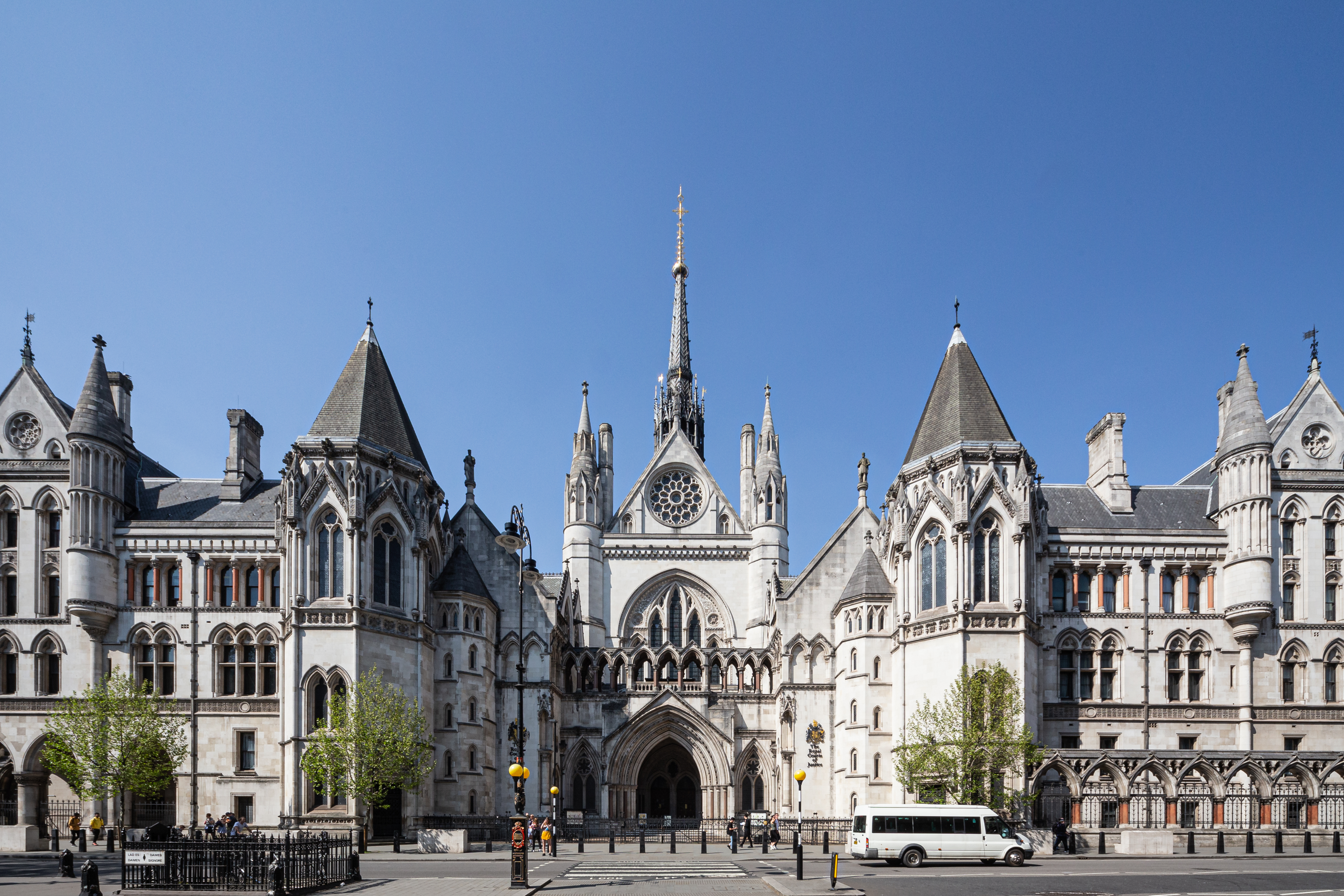The United Kingdom High Court on Thursday began hearing an application for permission to appeal filed by alleged bookie Sanjeev Chawla after he lost his extradition case to India to face charges of match-fixing.
Chawla is accused of being the central figure in a cricket match-fixing scandal where he reportedly paid Hansie Cronje, the late South African cricket team captain, to lose cricket matches during South Africa’s tour of India in February-March 2000.
He has been fighting against his extradition on human rights grounds.
Former UK Home Secretary Sajid Javid had signed off on a District Judge’s order in favour of extradition in February last year.
Chawla’s lawyers submitted that their client has a statutory right to appeal against the District Judge's extradition order. This has been challenged by the UK's Crown Prosecution Service (CPS), arguing on behalf of the Indian government, on the grounds that it is a “disguised attempt” at reopening the entire case.
"Nobody wants this case to go off to another day after all the delay," said Lord Justice Bean, indicating that the court is likely to hand down its decision on permission to appeal speedily.
Following an initial trial, the Westminster Magistrates’ Court in London had concluded in October 2017 that while Chawla had a prima facie case to answer, his human rights could not be guaranteed in Delhi’s Tihar Jail, where he was to be held.
This ruling was challenged in the UK High Court by the CPS, on behalf of the Indian authorities.
In a judgment handed down in the Royal Courts of Justice in London in November 2018, Lord Justice Leggatt and Justice Dingemans upheld the Indian government’s appeal after assurances provided by the Indian government that Chawla’s human rights would be safeguarded.



